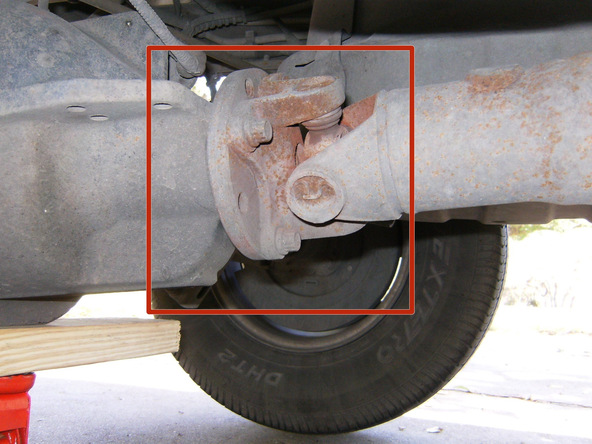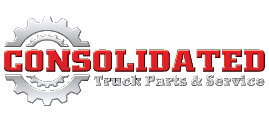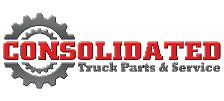Top Signs a Heavy Duty Truck Needs a Drive Shaft Replacement
When it comes to replacing heavy duty truck drive shafts, the sooner any potential problems are recognized the better. When a drive shaft fails, it doesn’t happen all at once. Instead, the drive shaft will deteriorate over a period of time. This means that it’s always a good idea to pay close attention to see if there’s any drive shaft problems going on through periodical maintenance. The longer a drive shaft problem is allowed to continue, the more damage that can be done to the heavy duty truck, and the more it’s going to cost to get it repaired.

Drive Shaft Replacement
Heavy duty truck drive shafts allow the truck to properly shift from idle to drive. Because the drive shaft plays such a critical role it’s essential for every heavy duty truck driver to pay special attention to making sure that the drive shaft is working exactly as it should. One of the top reasons why a heavy duty truck may need a drive shaft replacement is because it often carries loads that are too heavy, which places a great deal of stress on the drive shaft and its counterparts.
Additional reasons why the drive shaft may need to be replaced include defective welds, defective parts and overall wear and tear. If there are problems with a drive shaft and it’s caught early enough, it’s going to cost a lot less than if the problem were to continue for a long period of time.
Top Signs
The following list includes some of the top signs that every heavy duty truck driver should be watching out for in order to determine if the truck indeed needs to have the drive shaft replaced.
- Lots of Vibrating. Drive shafts that need to be replaced often cause the truck to vibrate. The entire truck could vibrate, or just parts of it. And when the truck increases in speed, the vibrations tend to get worse.
- Unusual Sounds. When drive shafts aren’t working as they should, they could emit a low squeaky sound that often gets louder when the truck starts to go faster.
- Improperly Turning Wheels. An improperly working drive shaft can cause the trucks wheels to not be able to turn properly. This can be felt by the driver in the form of hesitation or resistance, and is most likely to occur when making a sharp turn.
- Universal Joint Problems. If a U-joint doesn’t move much or rotate like it’s supposed to, this can be attributed to a possible drive shaft problem. Also, if there’s any rust found on the bearing cap seals this could also be indicative of an improperly working drive shaft.


